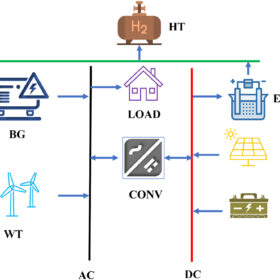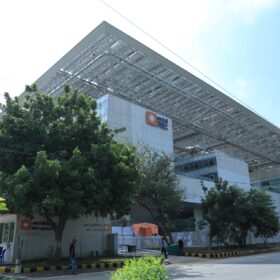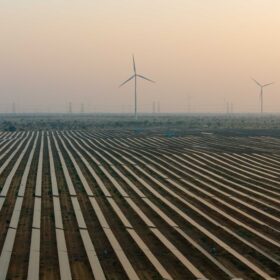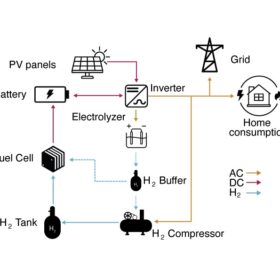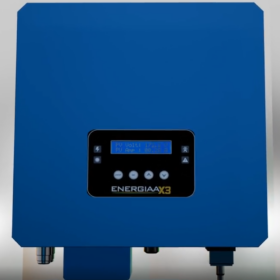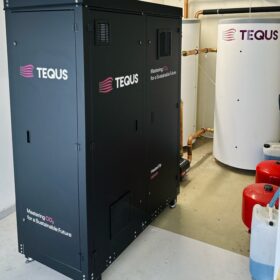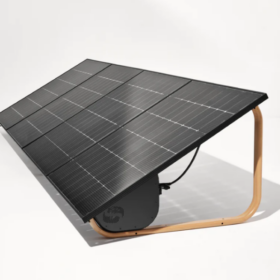Waaree Energies partners Ecofy for low-cost finance to rooftop solar customers
Waaree Energies Ltd, India’s largest solar PV module manufacturer, has partnered with Ecofy, a non-banking finance company backed by Eversource Capital, to provide low-cost, hassle-free finance to homeowners and MSMEs adopting rooftop solar systems.
Designing the best-performing hybrid renewable energy system for off-grid, rural communities in India
A new study evaluates seven different configurations of hybrid renewable energy systems to meet the electricity requirements of an off-grid village community in the Jaisalmer district of Rajasthan, cost-effectively and sustainably. It finds the system combining solar PV panels, wind turbines, biogas generator, lithium-ion battery, converter, electrolyser, and hydrogen tank to be the best performing as it has the lowest fuel consumption rate, net present cost, levelised cost of energy, and cost of hydrogen.
REC gets RBI nod to set up subsidiary in GIFT City, Gujarat
The proposed REC subsidiary at GIFT City will engage in lending, investment, and other financial services, contributing to the growth of India’s energy sector.
India installed 15 GW of solar capacity in FY 2024: CEEW-CEF
India added 18.5 GW of renewable energy generation capacity in FY 2024, comprising 81% (15 GW) from solar (grid-scale and rooftop).
Solar bloodbath: Titans clash in ruthless price war
The ongoing price war between top global suppliers could catalyse more competitive solar panel pricing in the Indian market, potentially leading to an increase in solar adoption at both the commercial and residential levels.
New model shows how to power homes exclusively with hydrogen, solar, batteries
Researchers in Spain has found that combining PV power generation with fuel cells and battery storage may help homes considerably reduce their levelized cost of energy. Their simulation reportedly demonstrated homes may also become completely self-sufficient.
Statcon Energiaa introduces 3 kW grid-tie solar inverter
Indian manufacturer Statcon Energiaa has introduced a single-phase grid-tie solar inverter with a power rating of 3 kW. The inverter is intended for residential and small office applications.
Norwegian startup unveils CO2 water-to-water heat pump
Tequs said its new plug-and-play heat pump can deliver up to 90 C of heat for space heating, air conditioning, and domestic hot water. The new product is available in eight versions with capacity ranging from 17 kW to 268 kW.
ALMM expands market for domestic solar manufacturers
The ALMM reinstatement opens up a vast market for domestic solar panel manufacturers by creating a non-tariff barrier for Chinese products. However, for projects and schemes such as PM Surya Ghar: Muft Bijli Yojana which mandate domestic content requirement (DCR), the shortage of domestically manufactured cells could lead to an increase in the cost of DCR modules.
DualSun launches foldable plug-and-play solar kits
France’s DualSun has developed foldable plug-and-play solar kits with a power range of 420 W to 1.68 kW.

